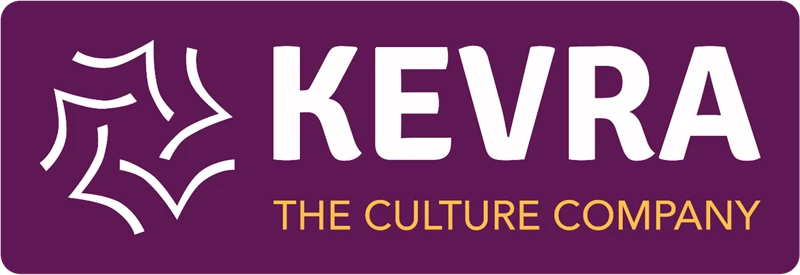Giving and receiving feedback is crucial in conflict resolution for several reasons:
- Improves Communication: Feedback offers an opportunity for parties involved in a conflict to express their thoughts, feelings, and concerns in a constructive manner. This facilitates open communication and ensures that everyone’s perspectives are heard and understood.
- Identifies Issues: Feedback helps pinpoint the underlying issues contributing to the conflict. By providing feedback, individuals can highlight specific behaviors or actions that are problematic, allowing the parties involved to address these issues directly.
- Promotes Understanding: Through feedback, individuals gain insight into how their actions or words are perceived by others. This promotes empathy and understanding, as it enables individuals to see the conflict from different perspectives and recognize the impact of their behavior on others.
- Facilitates Resolution: Constructive feedback provides a roadmap for resolving conflicts. By sharing feedback, individuals can collaboratively identify solutions and make necessary changes to address the root causes of the conflict.
- Builds Trust: Giving and receiving feedback in a respectful and constructive manner builds trust among the parties involved. It demonstrates a willingness to engage in open and honest communication, which is essential for resolving conflicts effectively and maintaining positive relationships.
Overall, feedback plays a vital role in conflict resolution by fostering communication, identifying issues, promoting understanding, facilitating resolution, and building trust among the parties involved.





